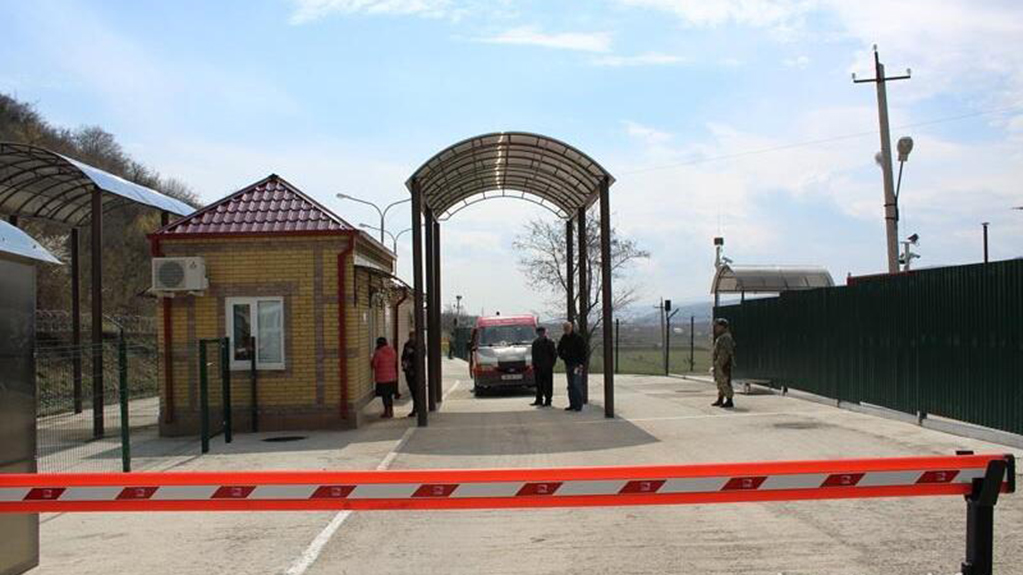After almost three years of restrictions on movement in the direction of the occupied Tskhinvali region, the so-called checkpoints have been partially opened. According to the decision of the Security Council of the self-proclaimed Republic of South Ossetia, the so-called "Razdakhan" (Odzisi) and "Pereu" (Perevi) The crossings will be open from the 20th to the 30th of every month, from morning to evening (from 9 to 7 local time).
News
Until November 31, 2022, the residents of Akhalgori and Java regions will be able to move even with "expired permits".
At the so-called Security Council meeting, the de facto president Alan Gagloev noted that the administrations of Akhalgori and Java regions discussed the possibility of resuming checkpoints' work at residents' request.
After Russia's occupation of the Akhalgori district in 2008, the indigenous population could enter the occupied territory only with a special permit. On September 4, 2019, the de facto authorities of South Ossetia closed the so-called checkpoint "Razdakhan" was closed. The then de facto president Anatoli Bibilov demanded that the Georgian authorities take over the police checkpoint located in the village of Chorchana of the Khashuri municipality, which, according to him, was situated in the village of Tsnelis in the territory of the self-proclaimed republic. Bibilov said he would not open Akhalgori until this checkpoint was over.
The Ministry of Internal Affairs of Georgia organized a new Georgian surveillance checkpoint on the outskirts of the village Tsnelisi on August 20-24, 2019. The checkpoint is located approximately 240 meters from the administrative border line, in the territory controlled by the central government of Georgia. The establishment of the police checkpoint was preceded by coloured markings on trees in the area between Tsnelis and Chorchana in January 2019, which the EU monitoring mission assessed as signs of "borderization". However, the Ossetian side did not take responsibility for these markings. A few days after the opening of the checkpoint in Chorchana, the de facto authorities of South Ossetia advanced approximately one and a half kilometres into the territory controlled by Tbilisi and set so-called checkpoints.
As for the second crossing point in the occupied Tskhinvali region, the Perevi checkpoint continued to function for another six months after the closure of Razdakhani, and on February 28, 2020, it was closed due to the quarantine due to the COVID-19 pandemic.
The so-called passage was opened only a few times during the three-year isolation due to special cases. During this period, several dozen people died due to health complications due to the lack of access to quality medical services.
In the spring of 2021, the so-called de facto Republic of South Ossetia Alan Gagloev won the presidential election. Before the elections, he promised the residents of Akhalgori that if they elected him, he would open the so-called checkpoints. As a result, Gagloev received four times more votes than Bibilov in Akhalgori.















